On the afternoon of November 6, Minister of Agriculture and Rural Development (MARD) Le Minh Hoan answered questions at the question-and-answer session with the economic sector group.
Asking questions, National Assembly Delegate Ho Thi Kim Ngan ( Bac Kan delegation) said that in 2021, many localities have implemented forest protection contracts for communities and households in communes in regions 2 and 3, including Bac Kan province.
However, up to now, the payment of forest protection labor contract in 2021 has not been made to Bac Kan province, which is over 28 billion.
Delegates requested the Minister of Agriculture and Rural Development to clarify the reasons for the delay in payment. When will people in forested areas like Bac Kan province be paid for forest care and protection?
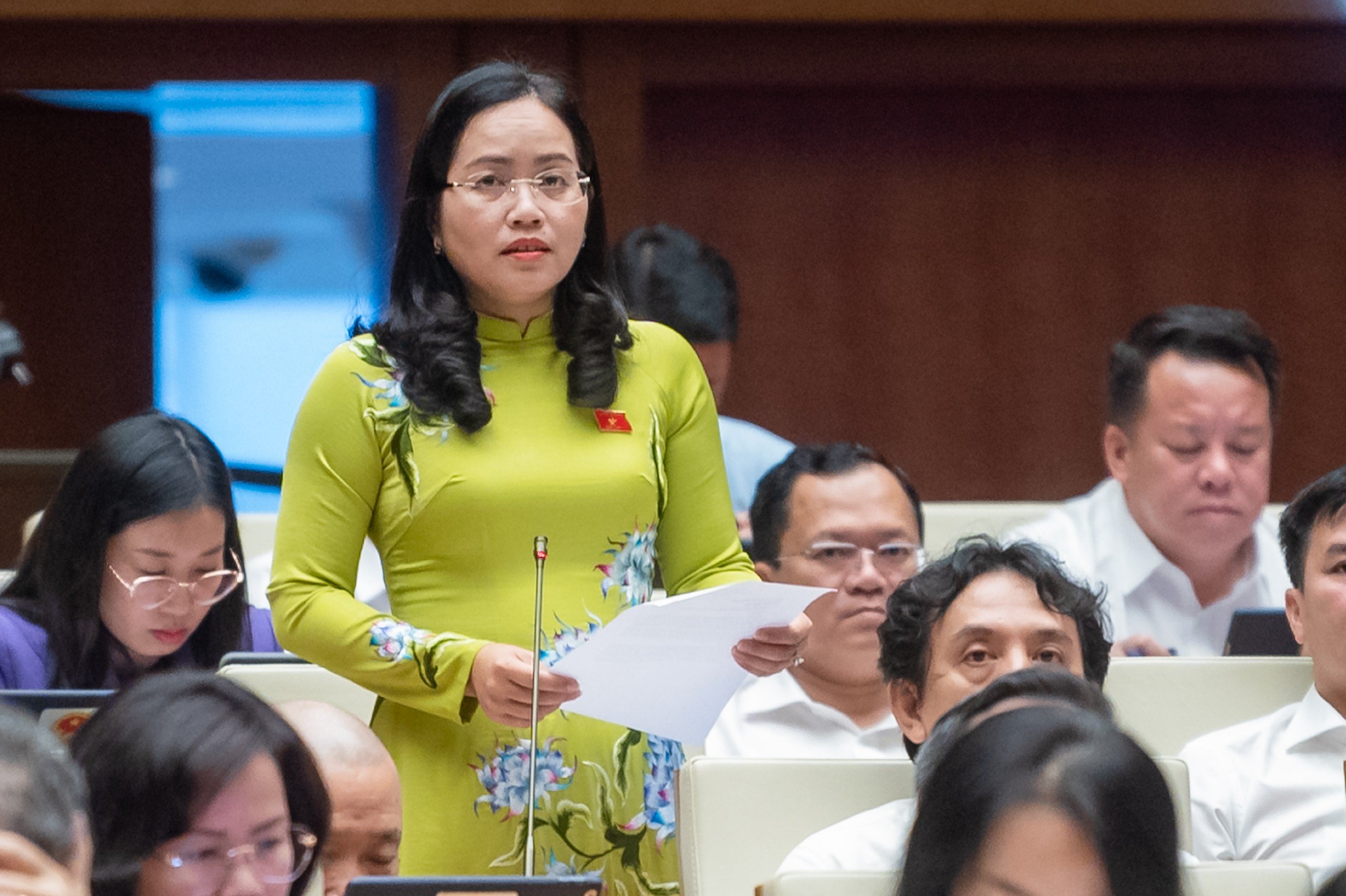
National Assembly Delegate Ho Thi Kim Ngan.
In response, Minister Le Minh Hoan said that regarding the forest contracting policy, to implement the policy of closing natural forests, the Government has issued a policy to support forest contracting, balancing actual needs with the budget, we are applying a rate of 300,000 VND to 400,000 VND/hectare. Through many meetings, localities have also reflected that this rate is still low.
Currently, implementing the direction of the Prime Minister, the Ministry of Agriculture and Rural Development is amending the Forestry Law and drafting a Decree to increase the level to 400,000 VND to 600,000 VND/hectare.
Regarding demand, according to the Ministry of Agriculture and Rural Development's norms, it should be around 1.1 to 1.3 million VND/hectare. However, Mr. Hoan said that it is necessary to balance from common resources. The Ministry is also preparing to submit to the Prime Minister a project to promote the multi-use value of forest ecology, to create more jobs and livelihoods under the forest canopy, not just hiring forest guards. This issue will be reported to the National Assembly later.
Continuing to answer questions, Minister Le Minh Hoan said that the issue of debt for forest protection funding for Bac Kan province as well as a number of provinces is related to the sustainable agricultural development program, for which the Ministry of Agriculture and Rural Development is responsible.
After the policy of building the national target program for new rural construction was issued, by 2020, the budget will still be allocated as usual to localities in regions 1, 2, and 3.
When the national target program for ethnic regions and mountainous areas was launched, following the direction of the Government, regions 2 and 3 were transferred to the national target program for ethnic minority and mountainous area development. However, because the implementation of this program started later, the synthesis work was not timely.
"Thus, we owe two difficult and extremely difficult regions (regions 2 and 3), people should have received this fund since 2021. As a member of the Government, I also have concerns with the local people. We will coordinate to soon submit to the Prime Minister to compensate the local people for the funds," said Mr. Hoan.

Minister Le Minh Hoan answered questions.
Holding up a sign to debate Minister Le Minh Hoan's answer to a question from National Assembly member Ho Thi Kim Ngan , National Assembly member Nguyen Lam Thanh (Thai Nguyen delegation) said that the problem of debt for forest protection is not only in Bac Kan but also in all provinces with forests. The people's forest protection work needs to be quickly resolved and resources should be transferred to carry out this task.
Along with that, delegate Nguyen Lam Thanh suggested that it is necessary to review the forest protection work. Because we implement Resolution 100 on the 5 million hectares forest program, the money for forest protection is calculated and recorded as career capital and annual regular expenditure.
"But now, it is included in the national target program and included in the ethnic program content and goes through many processes and procedures. Thus, it is unnecessary and at that time, localities lack resources to implement it," Mr. Thanh said.
Giving his opinion on the issue of quotas, Mr. Thanh said that in many Resolutions of the Party, it is stated that there must be policies for people to live and protect forests, and Conclusion 65 of the Politburo implementing Resolution 24 on ethnic work also clearly stated that it is necessary to develop policies to innovate forest protection work, increase forest quotas, and assign forest protection to people to stabilize their lives.
However, up to now, the revision of Decree 75 has been very slow, leading to the story of the current source of capital not being unified. "Some places take it from environmental protection contracts, environmental protection fees, some places arrange it from national target program sources and some from external administrative and career areas," Mr. The bar is pointed out.
Faced with the above dangers, Mr. Thanh said that it is necessary to turn it into a career capital source, and the rate must also be raised. Delegates suggested that the content of this policy must be clarified.
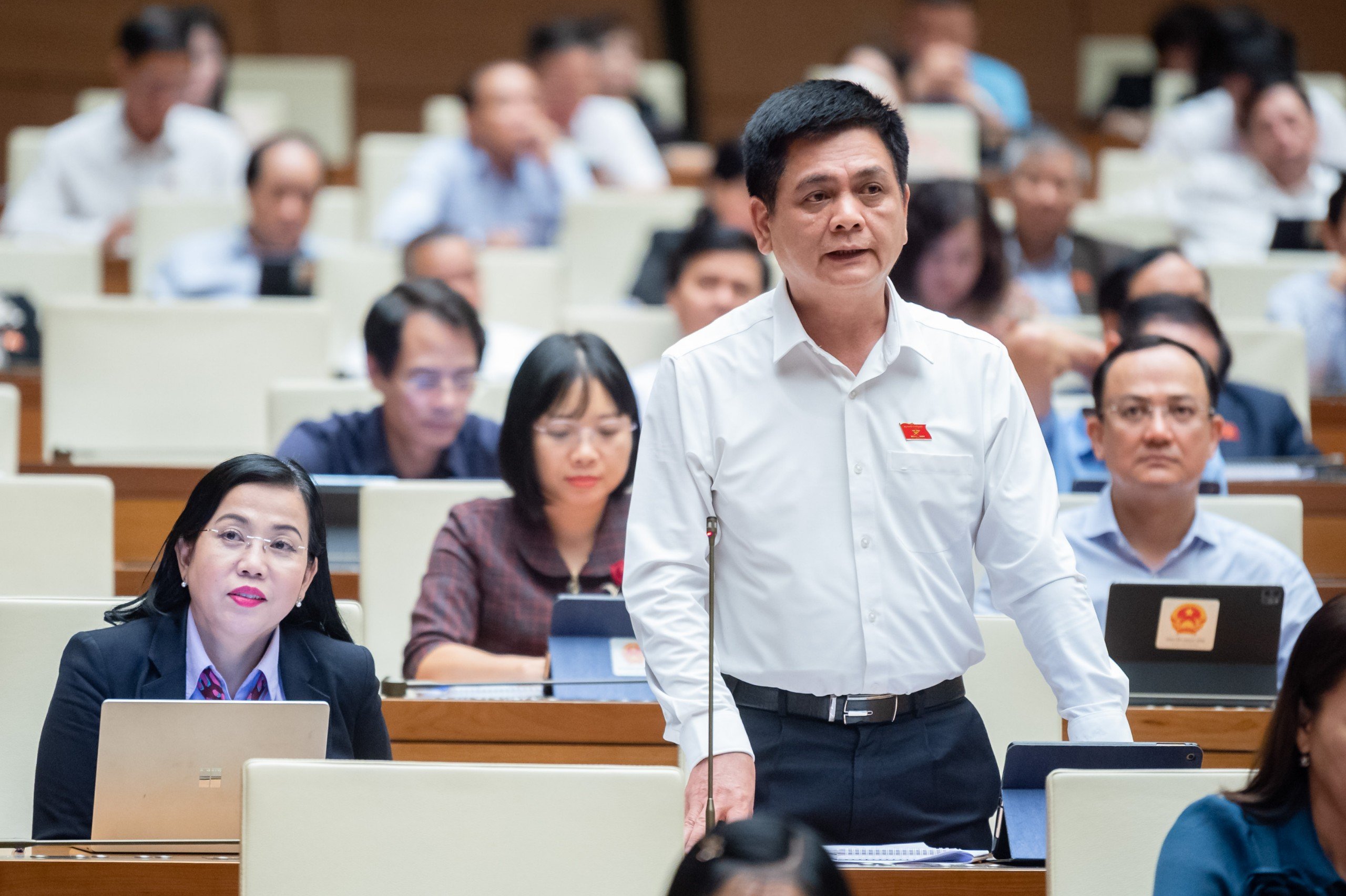
National Assembly Deputy Nguyen Lam Thanh debates.
Speaking with delegate Nguyen Lam Thanh , Minister Le Minh Hoan said that when drafting the proposal to increase the forest protection contract, the Ministry submitted to the Government a level of 1.1 - 1.3 million VND, based on the standard unit price. However, in this matter, resources are limited, so the number agreed upon by the ministries and branches is from 400,000 - 600,000 VND/hectare.
The Minister suggested that delegates approach this issue from another perspective. In addition to funding for forest protection, it is necessary to create livelihoods under the forest canopy so that the forest protection community, forest management boards, and forest rangers have more work to do.
The Ministry is preparing to submit to the Government an amendment to the Decree related to forestry and investment in the forestry sector. In particular, it will emphasize the development of medicinal herbs, tourism under the forest canopy, forest carbon credits, payment for forest environmental services, etc.
"We need a comprehensive approach, creating more jobs and livelihoods to compensate for the effort spent on forest protection, so that forest protection work can be carried out more comprehensively," Mr. Hoan emphasized .
Source


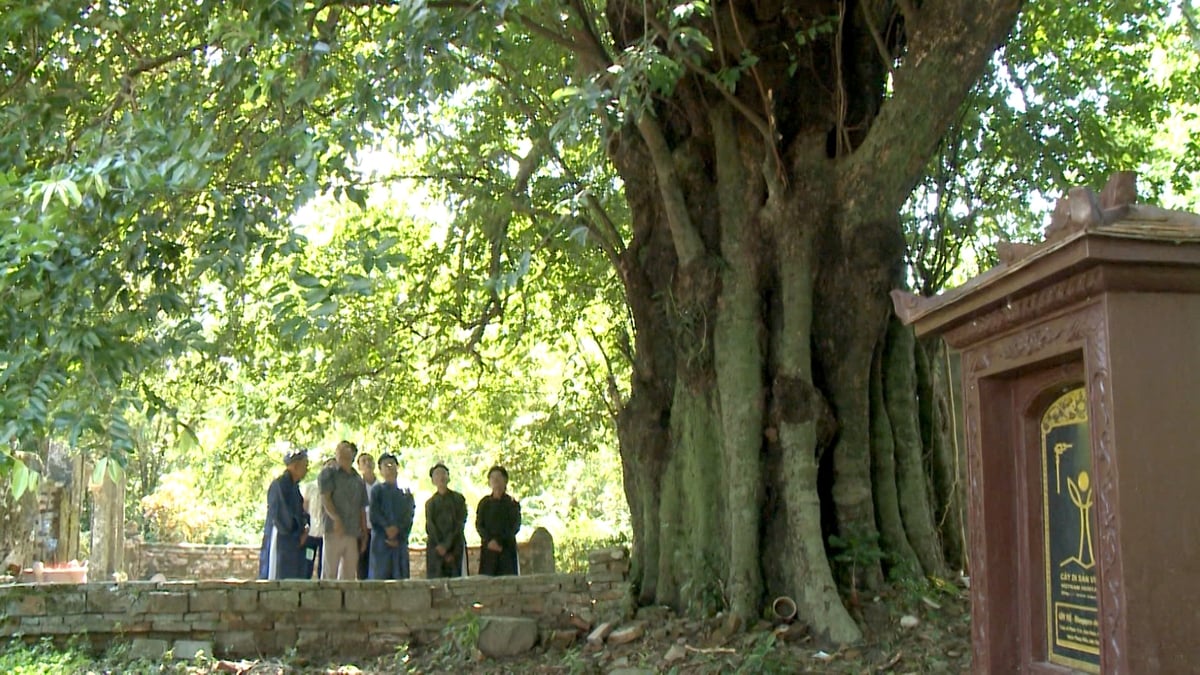











































































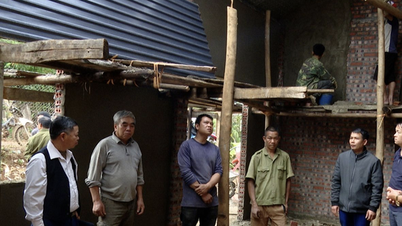





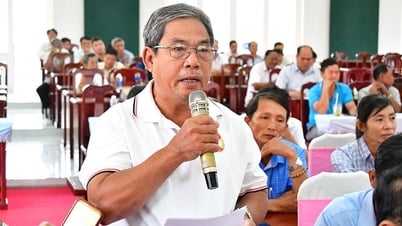





















Comment (0)